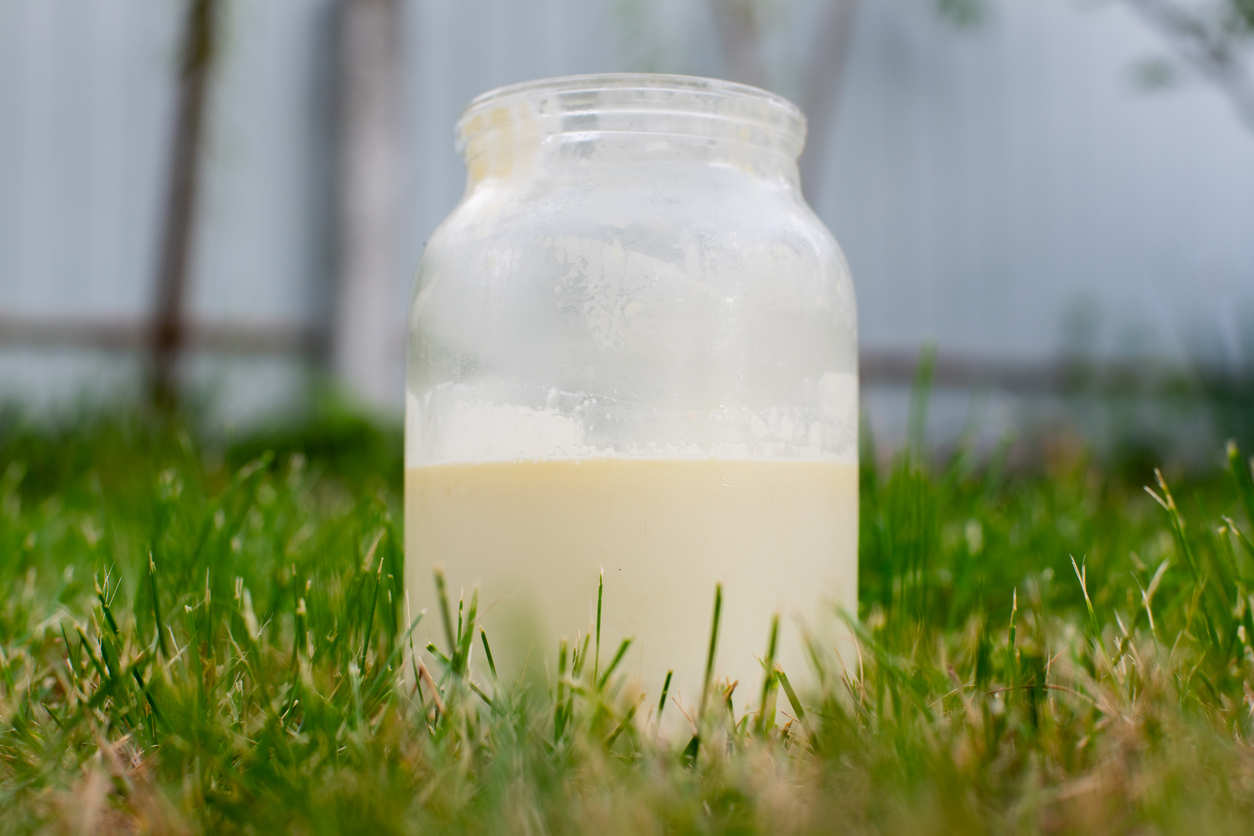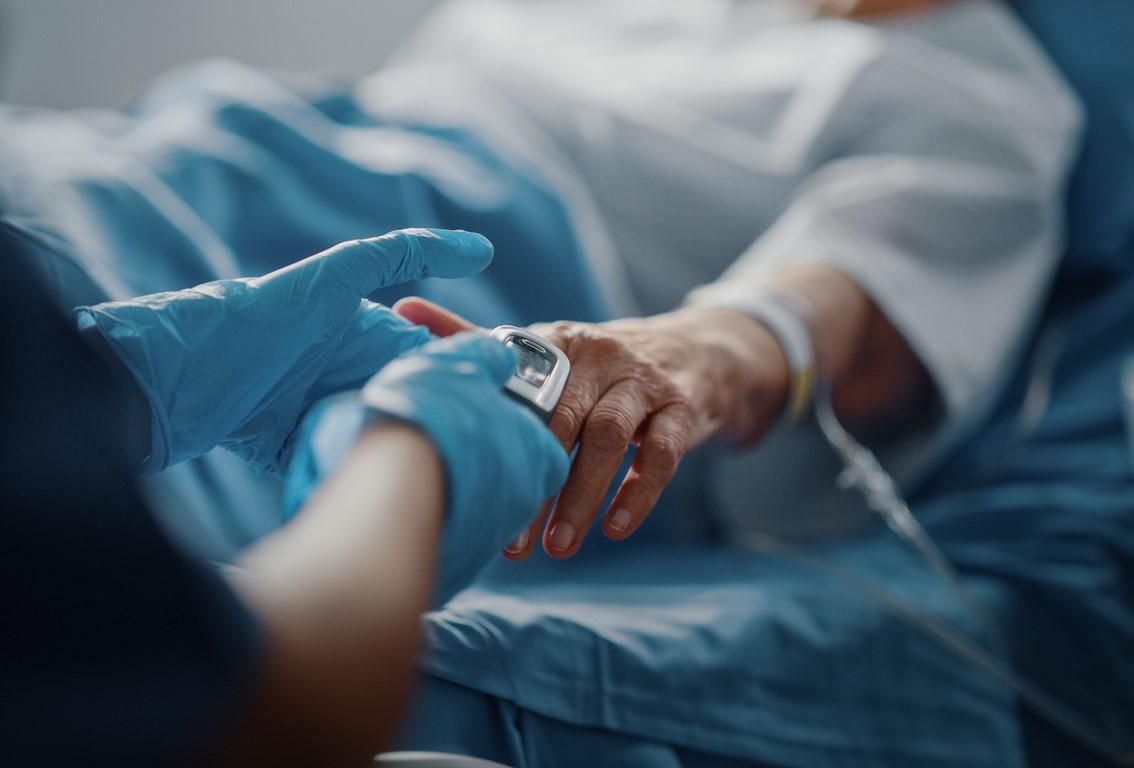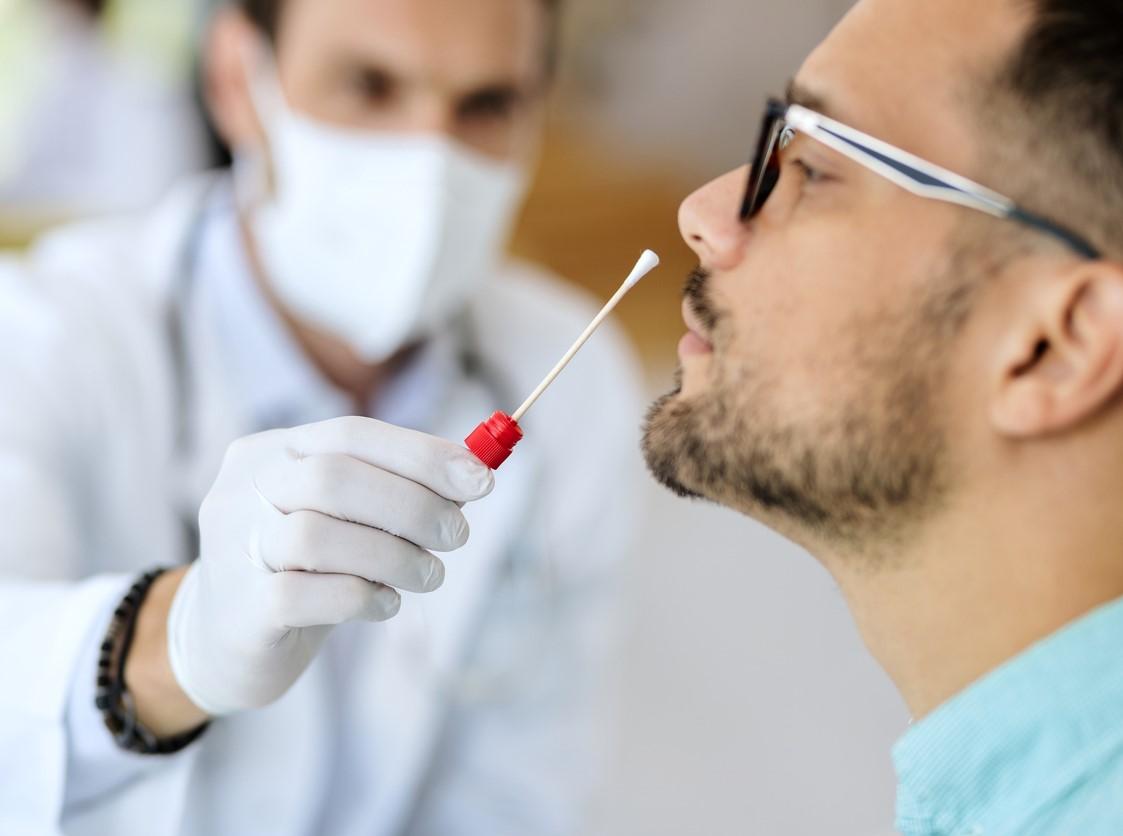
Twenty-one people in northeast and central Florida have been sickened by Escherichia coli and Campylobacter bacteria linked to consumption of raw milk, with seven requiring hospitalization, the Florida Department of Health (Florida Health) said yesterday.
Department officials said the 21 Campylobacter and shiga toxin–producing E coli (STEC) infections are linked to raw milk from a particular farm, though it did not name the farm.
"Sanitation practices in this farm are of particular concern due to the number of cases," Florida Health said in a news release. Although it is illegal to sell raw milk for human consumption in Florida, state law does allow for it to be sold as pet or animal food, which the department says limits regulation of sanitary practices.
Six of the 21 case-patients are children under the age of 10, and severe complications have been reported for at least 2 cases.
Higher risk for young kids, pregnant women, elderly
Campylobacter and STEC are among the bacterial pathogens that can be found in raw, unpasteurized milk, along with Salmonella, Listeria, and Brucella. From 2009 through 2021, a total of 143 enteric disease outbreaks confirmed or suspected to be associated with consumption of raw milk were reported to the Centers for Disease Control and Prevention. Pasteurization destroys potentially harmful bacteria.
Bacterial infections linked to raw milk consumption typically cause gastrointestinal symptoms (including vomiting, diarrhea, and stomach cramps), but STEC can also cause hemolytic uremic syndrome, which can result in kidney failure.
"Groups at higher risk for severe illness include infants and young children, pregnant women, elderly individuals, and those with weakened immune systems," Florida Health said.














